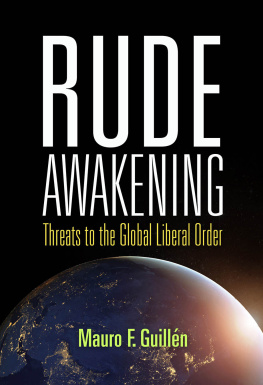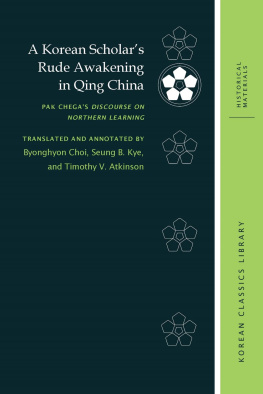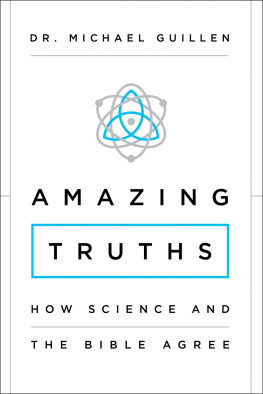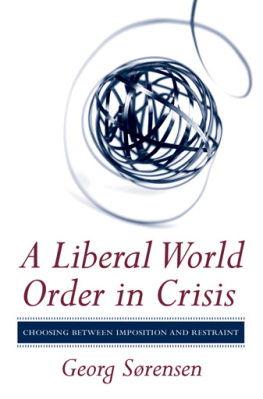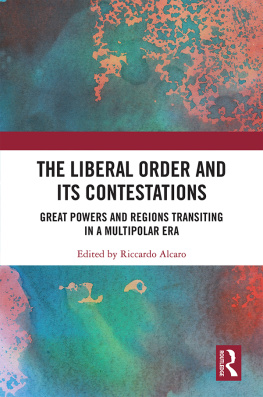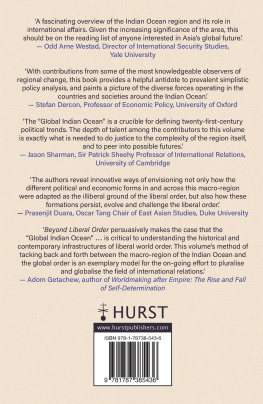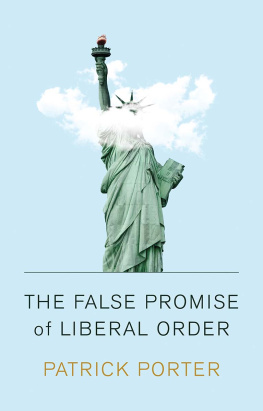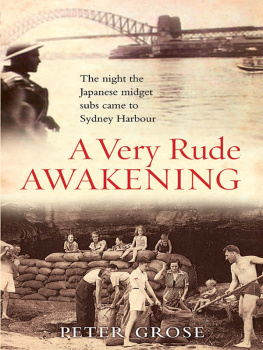Copyright 2018 University of Pennsylvania Press
All rights reserved. Except for brief quotations used for purposes of review or scholarly citation, none of this book may be reproduced in any form by any means without written permission from the publisher.
Published by
University of Pennsylvania Press
Philadelphia, Pennsylvania 19104-4112
www.upenn.edu/pennpress
Printed in the United States of America on acid-free paper
10 9 8 7 6 5 4 3 2 1
A Cataloging-in-Publication record is available from the Library of Congress
ISBN 978-0-8122-5044-2
Writing a book is a way of coming to terms with a topic. I had difficulty understanding why in recent years so many people turned away from the principles of liberalism. After the collapse of the Soviet Union, the spread of democracy, and the successes of the market economy in at least some parts of the emerging world, it seemed to me that liberal economic and political ideas had demonstrated their power to deliver better standards of living in a free society. The most recent financial crisis, the rise of inequality, and the proliferation of political corruption quickly came to my mind as important reasons why many felt disenchanted. It seemed to me that technological change also played a role in the increasing economic and social dislocation all around us.
I was puzzled and concerned by the growth of parties on the Far Right and the radical Left of the political spectrum, and by how quickly so many voters flocked to populist and nationalist proposals, shunning traditional parties and the political establishment. I had an overwhelming sense that we were approaching the end of an era guided by liberal principles.
I would not have written this book, thus failing to come to terms with the crisis of the Global Liberal Order, had Eric Halpern and Peter Agree of the University of Pennsylvania Press not approached me with an irresistible offer to write one. I did not hesitate for a second, deciding to take on the challenge without realizing how complex and mercurial global politics have become. I am grateful to them, especially for providing me with some clear guidelines as to how to focus the analysis on the most critical elements of the problem. As always, my wife Sandra and my daughters Daniela and Andrea tolerated my long hours of writing, and gave me some very good ideas to pursue.
The Global Liberal Order has underpinned international relations for more than three generations. Born in the wake of World War II, it promised rising living standards and political freedoms for all. Liberalism represented a fundamental bet on the virtues of democracy and the market economy, as imperfect as they both tend to be under some circumstances. It helped turn North America, Western Europe, and Japan into prosperous societies, each with a large and vibrant middle class, and a social safety net. It also brought some of those benefits to other parts of the world, albeit much less systematically. Progress was far from a straight line. The road was indeed winding and bumpy, as illustrated by the struggle for civil rights for minorities and women, the process of decolonization, the oil shocks and economic recessions of the 1970s, and the partial incorporation of the former Soviet republics, Russia, and China into the global economy. According to its defenders, the liberal order brought optimism to the world after the destruction and dislocation of the war.
However, it seems as if liberalism has run out of steam and failed to spread its benefits evenly across everyone in any one society and around the world. Much of the skepticism or outright rejection of liberal ideas nowadays is part of the fallout from an event that apparently took most people by surprise. No challenge to the Global Liberal Order has proven to be as formidable as the global financial crisis and Great Recession of 2008. Rising inequality and the declining legitimacy of established political parties, politicians, and technocratic elites have created a radically new situation. Unexpected results at the pollsfrom the rise of right-wing extremism in Europe to the Brexit referendum and the election of Donald Trumpushered in new political realities. Nationalism and populism proliferated both on the right and the left of the spectrum, as in a pincer movement cutting off the political middle ground. Politics are more polarized than ever. Political parties have become confrontational rather than collaborative as they try to protect their voter base.
In the wake of the crisis, liberalism is understood to be the cause of most problems thought to afflict society and the economy. It is blamed for bringing about economic decay, expanding the gulf between the haves and the have-nots, undermining national identity and pride, and enhancing a growing sense of insecurity. It also stands accused of making people turn away from religion and piety. It was attacked as being soft on terrorism, overly permissive on immigration, and misguided in its tolerance of different practices of sexuality. If these criticisms seem incompatible with one another, there is a good reason for it: liberalism found itself in the crossfire between ferocious critics on the right and equally merciless detractors from the left. While not all of them were always illiberal, they certainly became antiliberal, and especially antiestablishment. The reaction against liberalism, both from the Right and the Left, has aimed at the actions of the established political parties, the bureaucrats and technocrats in the government, the business and financial tycoons, even the cultural and media elites.
Most importantly, the crisis has turned a key advantage of liberalism into its most critical weakness. Liberal democracy and the liberal market economy were supposed to broaden and enrich the middle class, which became the backbone of the Global Liberal Order as its key beneficiary and thus its most important constituency. Europe, the United States, and Japan built their postwar economies and political systems on the basis of a vibrant, productive, and happy middle class. No sooner had the growth of the middle class stagnated than liberalism met its most formidable problem: persuading people that a better future lies ahead. The crisis of 2008 and its aftermath suggested that the current generation of young people might not enjoy better standards of living than their parents. That was a reckoning that felt unbearable to a middle class used to a progressive improvement of its lot, however sharp the short-term economic ups and downs due to cyclical recessions.
In the minds of middle-class voters, the reversal of fortune they experienced was not just the result of impersonal market forces. They felt let down by the political and economic establishment, who had abandoned them to their fate. Voters reserved their most vitriolic anger for the financial elites, whom they thought had simply enriched themselves at their expense. Resentful and hungry for solutions, sizable numbers of voters lent their support to radical politicians, either on the Right or the Left. They turned against liberalism, especially against the established parties and the ruling class. They did not expect or wish illiberal policies to become the norm, but they wanted to send a clear message and to experiment with alternatives.
An important aspect of this political turn of events was the historical transformation of the mindset of blue-collar workers, who in Europe and the United States had ceased to be members of the working class to fully buy into the values of the middle class. The decline of manufacturing left them perplexed as they witnessed how their standards of living decreased relative to other groups, and in many cases in absolute terms due to job losses. Economic decline is incompatible with the idea of belonging to the middle class. Intriguingly, these workers and their families turned to nationalist and populist movements on either the Left or the Right, depending on the country, abandoning their traditional support for labor-based parties. Many young people followed suit, especially in countries afflicted by high unemployment. Politics became polarized and radicalized as nationalism and populism gained support among people whose fortunes had declined.


